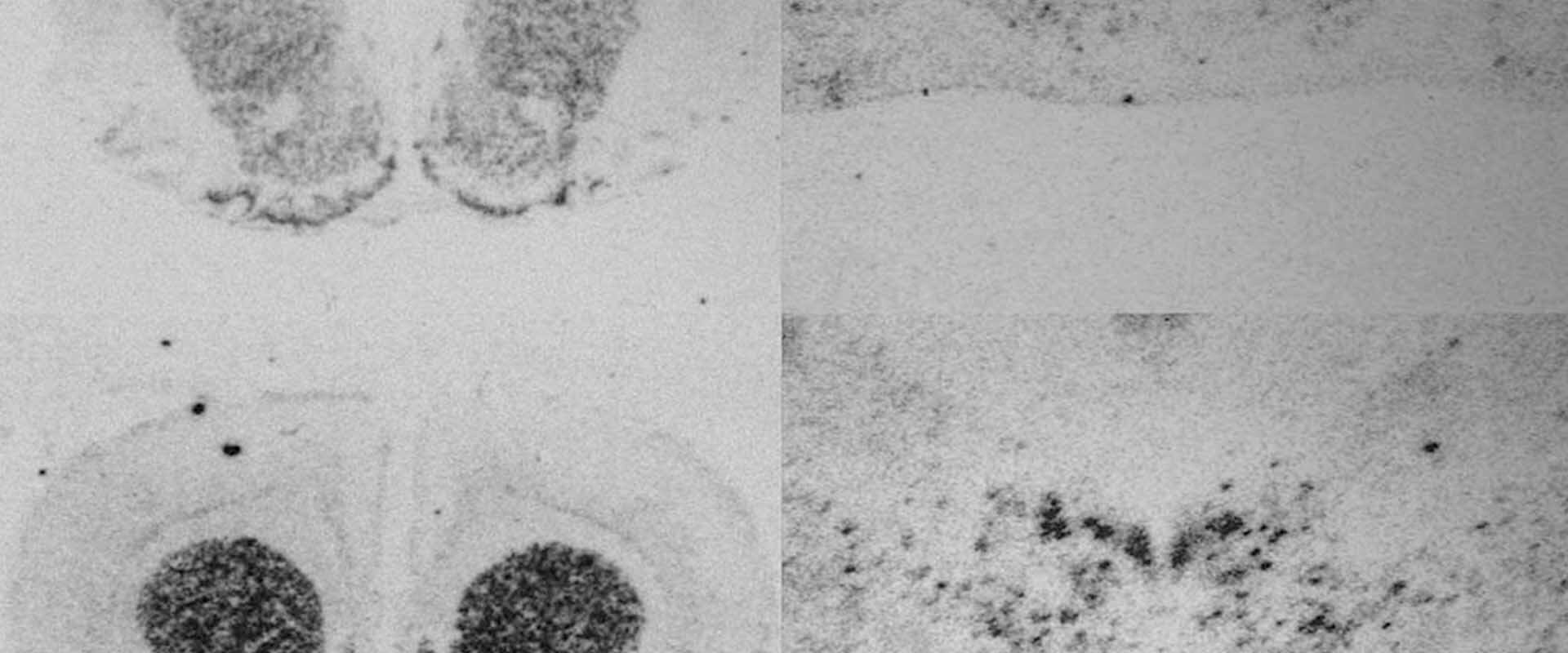Cannabidiol repairs brain damage and behavioral alterations in mice with fetal alcohol spectrum
Photo: Francisco Navarrete, Daniela Navarro, Jorge Manzanares, Ani Gasparyan (Instituto de Neurociencias)
A study by researchers at the Miguel Hernández University of Elche (UMH) has shown that cannabidiol, one of the compounds present in the cannabis plant, could help treat the alterations associated with fetal alcohol spectrum disorder (FASD). The study, conducted by the Institute of Neurosciences, a joint center of the UMH and the Spanish National Research Council (CSIC), also involved researchers from the Department of Biology at Rutgers University in the United States and the Institute of Cognitive and Translational Neurosciences, Favaloro University in Argentina. In an article published in the pharmacology journal Pharmacological Research, UMH Professor of Pharmacology Jorge Manzanares points out that the chronic administration of cannabidiol in offspring exposed to alcohol during gestation and lactation improves their emotional behavior, memory and brain damage.
Professor Manzanares, who also belongs to the “Instituto de Investigación Sanitaria y Biomédica de Alicante (ISABIAL)”, explains that disorders derived from alcohol consumption during gestation and lactation are considered the most prevalent preventable cause of problems related to neuronal development. Almost 8 out of every 1,000 inhabitants are estimated to present fetal alcohol spectrum disorder, affecting more than 5% of annual births. Although no specific treatment exists for this disorder, searching for precise and safe drugs is a growing need. Therefore, UMH researchers hope that the results obtained in this study can stimulate clinical studies with cannabidiol in children and young people with FASD.
According to the researchers of the Translational Neuropsychopharmacology of Neurological and Psychiatric Pathologies group, led by Professor Manzanares and located at the UMH-CSIC Neurosciences Institute, this is the first study to evaluate the effect of cannabidiol on behavioral and brain alterations in an animal model of fetal alcohol spectrum disorder. For this purpose, alcohol is administered orally to pregnant female mice from the time equivalent to the second trimester of gestation until the end of lactation, when the pups are 21 days old. Daily administration of cannabidiol begins on the day of pup weaning and continues until the end of the study. When the pups have been treated for 5 weeks, different studies are carried out to assess their levels of anxiety, depression, memory and cognition. Once these assessments are completed, brain studies are performed to detect changes in gene and protein expression, as well as cellular studies.
The results of the study indicate that mice exposed to alcohol have more anxiety, depression and memory problems. Chronic treatment with cannabidiol, administered from a very early stage, explains the Institute of Neurosciences researcher manages to improve all behavioral aspects in both male and female mice. Offspring exposed to alcohol during gestation and lactation show alterations in brain development, such as a lower number of neurons, particularly in the hippocampus, which plays a fundamental role in the storage of memories, and impairment of synaptic maturation and plasticity. However, the administration of cannabidiol during the postnatal period improves the processes of neuron creation and increases cell survival by increasing plasticity in the hippocampus.

Fuente: Pharmacological Research (Graphical Abstract)
Article: https://www.sciencedirect.com/science/article/pii/S1043661823000117


 Español
Español
